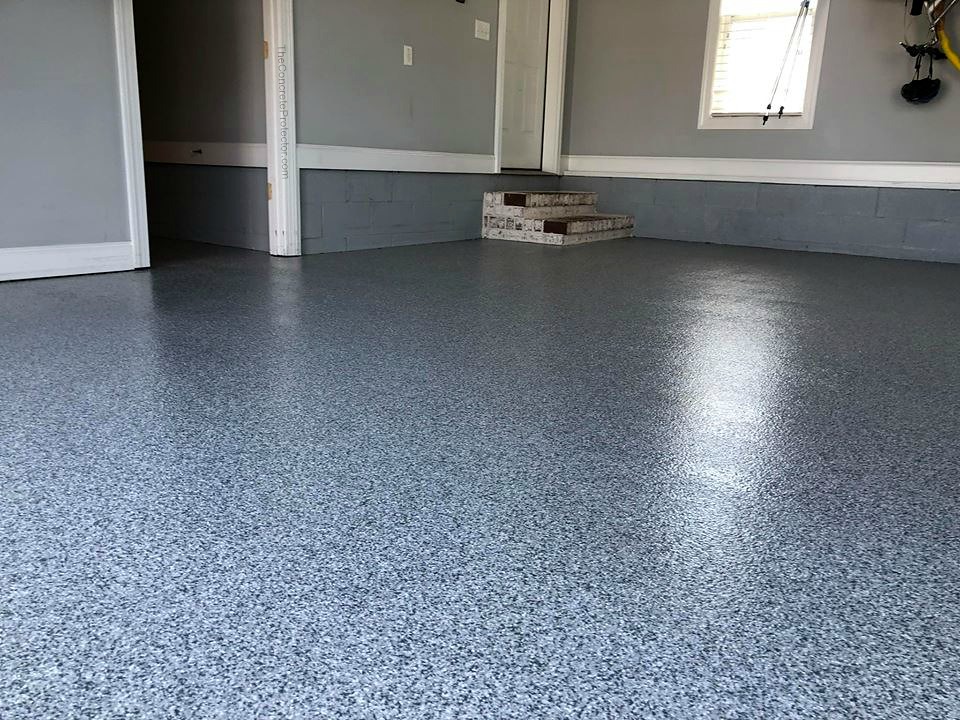Upgrade Your Garage: Complete Guide to Floor Coatings
Transform your garage with professional floor coatings that deliver lasting protection, easier maintenance, and a showroom-ready look. Learn about epoxy, polyurethane, and polyaspartic options, their benefits, installation steps, maintenance tips, and cost factors to help you choose the best system for durability and value.

A well-coated garage floor does more than look good — it protects concrete, simplifies cleaning, and extends the usable life of the surface. Whether you want to boost your home’s appeal, prevent oil stains and moisture damage, or make the space safer and brighter, selecting the right coating and installation method is essential. The following guide explains the benefits, surface preparation, upkeep, pricing, and long-term value of professional garage floor coatings.
Benefits of Professional Garage Floor Coatings
Professional coatings provide a range of practical advantages beyond simple sealing. They form a protective barrier that resists oil, gasoline, automotive chemicals, and road salts, helping prevent permanent stains and concrete degradation. Most systems also reduce concrete dusting, making the space cleaner and healthier.
Coatings improve slip resistance and can be formulated with textured additives to increase traction underfoot. Many finishes reflect light better than bare concrete, which brightens the garage and reduces the need for extra lighting. In short, a quality coating makes daily cleanup faster — spills wipe up easily — and helps maintain a tidy, durable surface for years.
Surface Preparation and Professional Installation
Getting a coating to perform long-term starts with correct surface preparation. Professionals typically begin by removing all contaminants: oil, grease, loose paint, and dirt. Cracks and spalls are repaired, and the slab is profiled — often by diamond grinding or shot blasting — to create a mechanical bond between the concrete and the coating.
Primers may be applied to enhance adhesion, followed by the chosen topcoat. Many coating systems use multiple layers (primer, base, decorative flakes, and a clear topcoat) to achieve appearance and durability goals. While retail DIY kits can work for small, low-traffic projects, trained technicians use industrial-grade equipment and materials that tend to yield more uniform, longer-lasting results, especially in larger or heavily used garages.
Caring for a Coated Garage Floor
Maintenance for a coated floor is generally low-effort. Routine sweeping and occasional damp mopping with a mild, pH-neutral cleaner keep the surface looking fresh. Avoid harsh solvents, highly acidic cleaners, and abrasive pads that could dull or damage the finish.
Place rubber mats or protective pads beneath vehicles that leak oil or under heavy tools that might scratch the surface. If chips or scratches occur, address them promptly to prevent moisture intrusion and further deterioration — small repairs can often be made with patch kits or by a professional touch-up.
Pricing, Coating Types, and What to Expect
Different coating chemistries suit different needs and budgets. Below is a quick comparison of typical systems and their expected lifespans.
| Coating Type | Average Cost (per sq ft) | Durability Rating |
|---|---|---|
| Epoxy | $3-$7 | 5-10 years |
| Polyurethane | $4-$8 | 7-15 years |
| Polyaspartic | $5-$10 | 10-20 years |
Prices, rates, or cost estimates mentioned in this article are based on the latest available information but may change over time. Independent research is advised before making financial decisions.
Cost drivers include the condition of the concrete (repair needs), the extent of surface profiling required, the number of coating layers and decorative treatments (like colored flakes), and regional labor rates. Fast-curing systems such as polyaspartic coatings often command higher prices but allow quicker return-to-service times.
Long-Term Value and Choosing the Right System
Although hiring professionals and choosing a high-quality coating represent an upfront investment, the long-term value can be substantial. A durable coating reduces repair and cleaning costs over time, protects the slab from chemical attack and freeze-thaw stress, and can increase curb appeal — potentially improving resale value.
Warranties vary by manufacturer and installer; many professional jobs include warranty periods ranging from about five to fifteen years depending on the product and installation quality. When selecting a system, consider how the garage is used: light residential use, heavy vehicle traffic, chemical exposure, or sun-exposed areas will influence the best product choice.
Talk to reputable contractors, request references and sample installations, and get multiple quotes. Verify that the installer follows proper surface prep protocols and uses the manufacturer-recommended primers and topcoats.
A properly specified and professionally installed garage floor coating protects your concrete, improves safety and cleanliness, and enhances the look of your space. Balance your budget, expected usage, and desired appearance, and lean on experienced installers to ensure the best long-term outcome for your garage floor.






